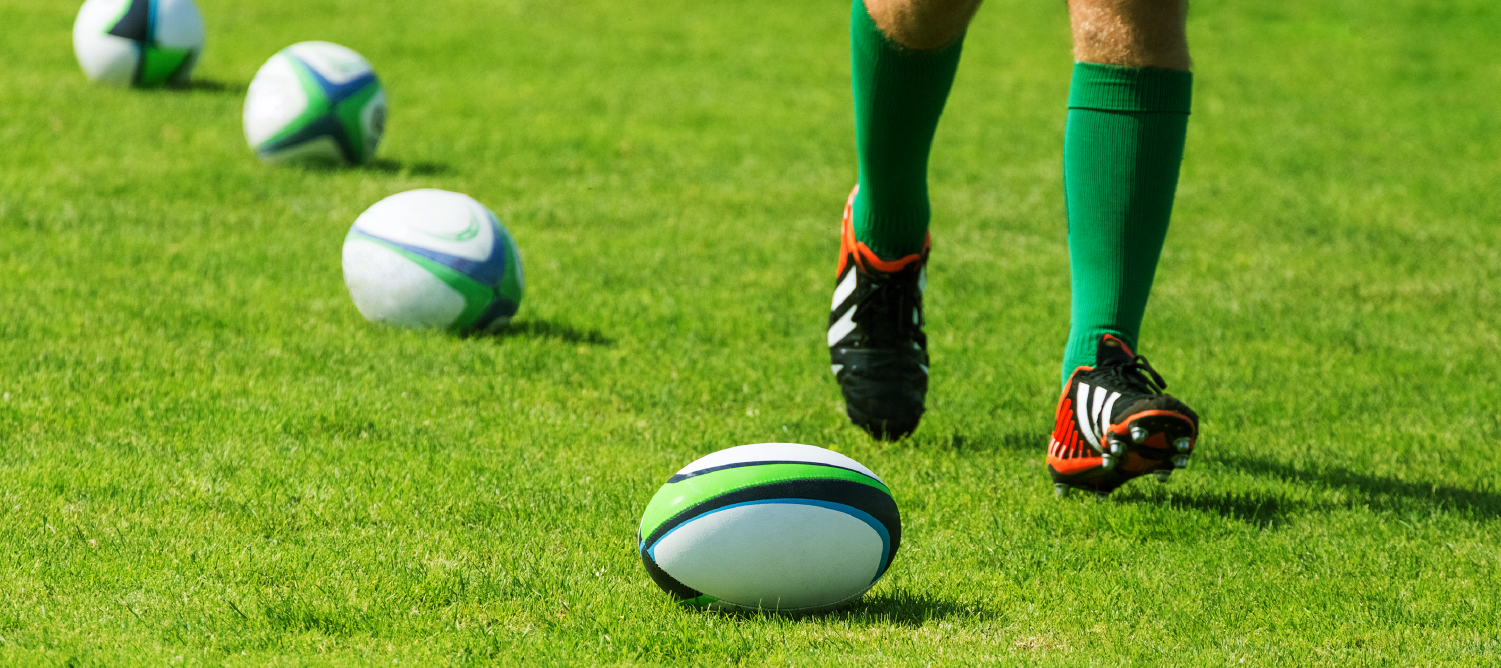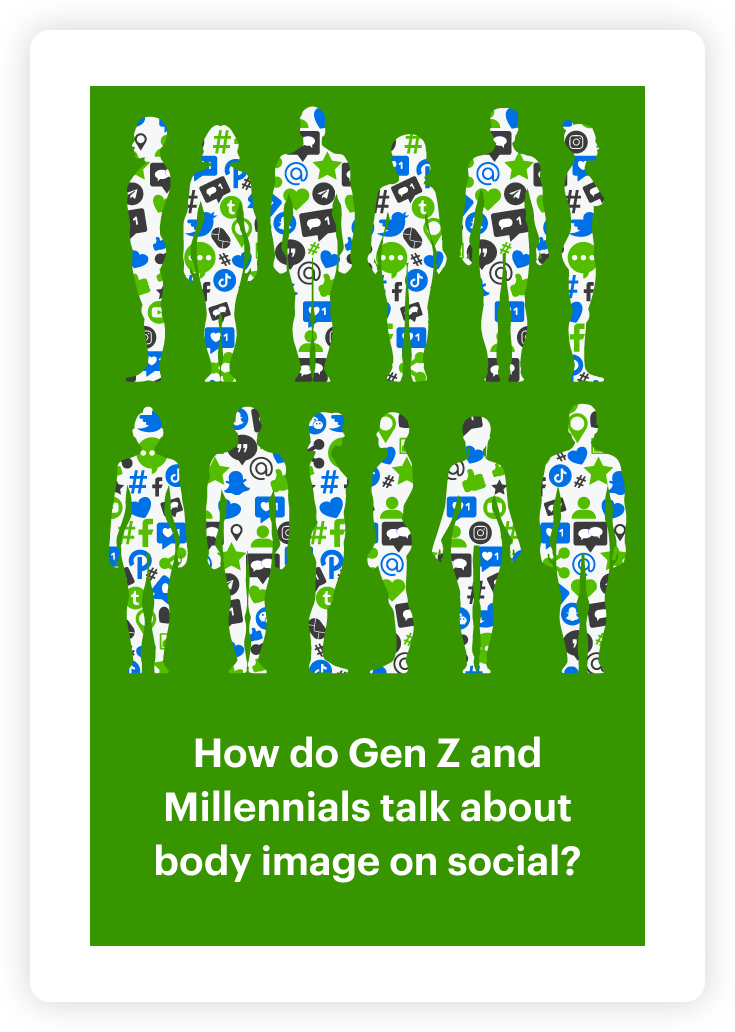Analyzing social reactions to the US hosting the Rugby World Cup

The Olympics, the FIFA World Cup, the Grand Prix. All are hugely exciting sports events that capture imaginations across the world, with one of the most intriguing questions consistently being: where will they be hosted…?
On 12 May 2022 it was announced, for the first time ever, that the men’s and women’s Rugby World Cup will be hosted in the US in 2031 and 2033 respectively. It’s a big move for the sport and has naturally inspired lots of discussion on social media.
Using text analysis of social data, we set out to understand whether – and how – the announcement of the 2031/3 Rugby World Cup has changed the conversation around sport in the US.
What we did with social data
To fully understand the impact of the announcement, we analyzed social data consisting of over 140,000 tweets: 20,000 each from American fans of rugby, hockey, football, basketball, soccer and baseball in May this year; and 20,000 from rugby fans in May last year.
Using our platform, we compared the language of each of these groups against our benchmark of US rugby fans in May 2022 – all to reveal how these fans have been affected by the world cup announcement.
Our findings? The Rugby World Cup is coming to the US, and American fans are here for it.
Rugby fans are more optimistic than other US sports fans on social media
Ever since the world cup announcement in early May, US rugby fans have been more likely to use optimistic phrases such as ‘looking forward’ compared to fans from other sports:
“Looking forward to the upcoming RWC and more magical moments like this!”
“I am so very looking to Rwc games here in the USA”
Looking at emoji use can also offer an intriguing insight into mindset, with baseball fans more likely to use negative ones such as 🙄 ☠ 💀 😬, while rugby fans opt for more upbeat ones such as 😌 😂 😉.
Football fans are also 46.4x more likely to use the word ‘hate’ than rugby fans. And across the board, rugby fans express more contentment than all of the US sports we compared:
“Major league rugby is fun for all!”
“I hope we can see a lot more doubleheaders in the future- y’all made for some incredibly happy fans!”
They’re also happier and more positive than they were in 2021
US rugby fans a year ago were more likely to express sadness and the language of ‘notness’ than in 2022, tweeting sentences such as:
“I feel sorry for the Mlr journos that are going to go back and re-watch 3 blowouts”
“We were still disappointed not to roll La on their own patch”
These 2021 fans were also more likely than in 2022 to use emojis such as 😭😕😩😔, suggesting that the announcement of something to get truly excited about has inspired a surge of positivity.
Other US sports fans use more superlative adjectives
Noticeable in the language of US rugby fans this month is the absence of superlative adjectives. While US fans of football, soccer, baseball, hockey and basketball all use words like ‘best’, ‘worst’, ‘biggest’ and ‘highest’ to describe their sport, rugby fans are more likely to use more general adjectives, such as ‘good’, ‘great’, ‘new’ and ‘big’.
This suggests that US rugby fans are of a slightly different breed to the fans of other sports, where fans’ tendency to use superlatives implies a steadfast fandom of individual teams – causing them to order the sport in categories of ‘best’ and ’worst’. The language of US rugby fans, meanwhile, implies a more general fandom and respect of the sport at large, with no particular affiliation to individual teams.
This may be a natural consequence of rugby being a ‘non-native’ sport in the US. It may also, however, be early evidence that the world cup announcement is attracting new fans to the sport – new fans who are not yet aligned to individual teams.
Women get more of the limelight in rugby than in other sports
The women’s side of rugby also gets more attention in Twitter discussions than in other US sports. For example, women are 49x more likely to be discussed in rugby than in soccer, with rugby fans tweeting:
“Did you see that The Rugby World Cup will be in the Us in 2031 and 2033 as we got men’s and women’s”
“I used to yell on the sideline when I coached @occidental women’s side”
The announcement that the US will be hosting not just the men’s, but also the women’s, Rugby World Cup, has allowed women’s rugby to attract more attention and interest.
What do these trends show?
Unpicking this social data on a granular level has shown the dramatically positive effect that an exciting sports announcement such as the Rugby World Cup can have on a sport’s fans. Since the news broke, our insights suggest that rugby fans are more optimistic, more excited for the future, and more gender inclusive in their social responses.
This deep dive is just one example of how we can help our customers take more from their social listening, analyzing text data from any source to explore the deeper nuance at work.
